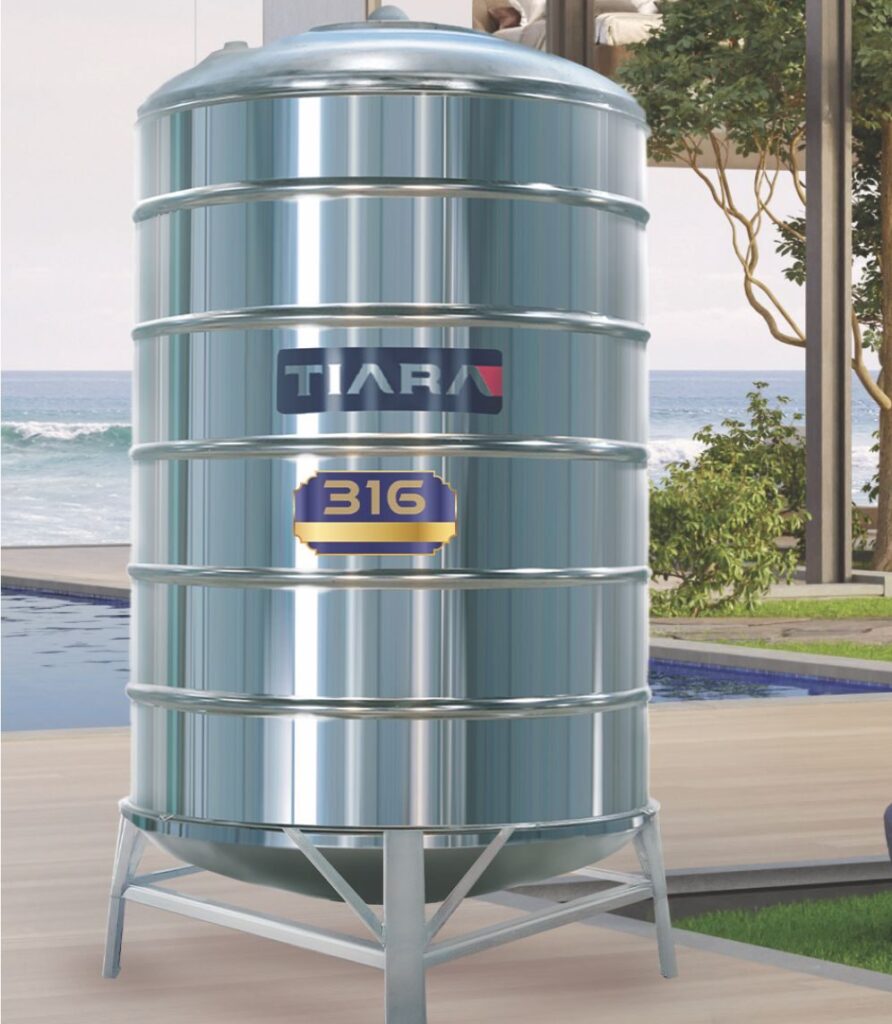
In recent years, the global concern over plastic waste has reached alarming levels, prompting a shift towards sustainable alternatives across various sectors. Water storage is one area where this shift can have a significant impact. Stainless steel water tanks offer a durable, eco-friendly solution that helps reduce reliance on plastic storage options, promoting environmental sustainability and health benefits.
The Plastic Waste Crisis
Plastic pollution is a significant environmental concern that we are currently facing. Countless tons of plastic waste find their way into oceans and landfills every year, requiring hundreds of years to decompose. Water storage solutions, particularly plastic tanks, contribute to this crisis. Many households and industries have historically relied on plastic due to its low cost and lightweight properties, often overlooking the long-term environmental consequences.
Plastic water tanks, while convenient, can leach harmful chemicals into the stored water, especially when exposed to heat or UV rays. Furthermore, as they degrade, microplastics can enter the ecosystem, posing risks to wildlife and human health. Addressing this issue requires exploring alternative materials that are both safe and sustainable.
Advantages of Stainless Steel Water Tanks
Durability and Longevity: Stainless steel tanks are widely recognized for their long-lasting quality. Unlike plastic tanks, which can crack or degrade over time, stainless steel is resistant to corrosion, rust, and wear. This longevity means fewer replacements are needed, reducing overall waste.
Health and Safety: Stainless steel is non-toxic and does not leach harmful chemicals into stored water. This characteristic ensures that the water remains pure and safe for consumption, an important factor for households and businesses alike. In contrast, some plastic tanks may leach substances like BPA, raising health concerns.
Recyclability: Stainless steel is 100% recyclable. At the end of their life cycle, these tanks can be recycled into new products, effectively reducing waste. This contrasts sharply with plastic, which is often not recycled and can persist in the environment for centuries.

Energy Efficiency: While the initial manufacturing process for stainless steel requires more energy than plastic, the long-term benefits outweigh these costs. The efficiency of stainless steel tanks in maintaining water temperature can reduce energy usage, especially in applications where temperature regulation is crucial, such as in agricultural settings.
Aesthetic and Design Flexibility: Stainless steel tanks come in various designs and sizes, making them suitable for both residential and commercial applications. Their modern appearance can complement architectural styles, unlike the often bulky and unattractive plastic tanks.
Encouraging Sustainable Practices
To fully realize the benefits of stainless steel water tanks, communities and industries must embrace sustainable practices. Education and awareness campaigns can play a vital role in informing the public about the advantages of switching from plastic to stainless steel. Incentives, such as subsidies or rebates for installing stainless steel tanks, can further encourage this transition.
Local governments can also lead by example by replacing plastic storage solutions in public facilities with stainless steel alternatives. This initiative can not only reduce plastic waste but also set a precedent for sustainable practices in the community.
Conclusion
Stainless steel water tanks represent a proactive step towards reducing plastic waste in water storage. Their durability, safety, and recyclability make them an attractive alternative to plastic tanks. By promoting the adoption of stainless steel solutions, we can take significant strides towards a more sustainable future, minimizing environmental impact while ensuring access to safe drinking water. As the world continues to grapple with the consequences of plastic pollution, embracing alternatives like stainless steel is crucial in building a healthier planet for future generations.


